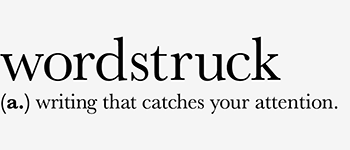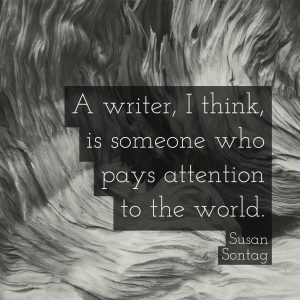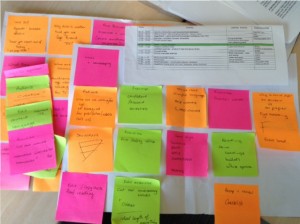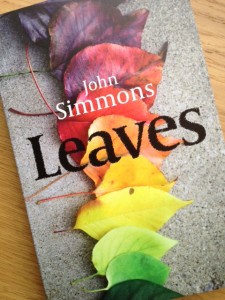 What you say about your business and how you say it, is an essential part of your brand. Get your tone of voice right and customers easily recognise your business. Get it wrong and your message may never connect.
What you say about your business and how you say it, is an essential part of your brand. Get your tone of voice right and customers easily recognise your business. Get it wrong and your message may never connect.
To show you what I mean, let me take you back in time…
As a child, I didn’t like answering the phone in my parent’s house. People would call and say “It’s me,” and I’d have no idea who they were.
This was back in the days when phones had handsets and dials or buttons, but certainly no screens, and answering machines were something you’d only find in the office. I was embarrassed and a bit nervous when I didn’t recognise who was calling and would ‘forget’ to take a message.
Now, imagine if that was a business call. Okay, these days technology makes it easier to identify who is on the line and most people would introduce themselves. But if you’re unfamiliar with a business, if you don’t recognise their name, or their voice, wouldn’t you be more cautious about dealing with them, until you establish a relationship?
I didn’t recognise the voices of my parents’ friends because I didn’t hear them as often as my parents did. Yet I could identify any DJ who hosted a show on my favourite radio station with only a few words. We become familiar with voices we know well. But new voices take a while to tune into.
Helping a business find its tone of voice
I’m working with a really exciting new client at the moment, helping to develop a tone of voice that will make their business stand out.
It involves a lot of listening. Not only am I getting to know the specifics of their industry and what they do, but I’m also getting to know them as people. What is it about this business that makes it different from others who make or deliver similar products and services?
Tuning into personality and values
I can hear they have bags of enthusiasm and tonnes of knowledge. They really have to be experts in lots of different areas to provide a great service to their customers.
They are incredibly creative and immensely resourceful. They get up early and stay up late, going the extra mile without even thinking about it. They really care about what they do and want to get to know their customers so that they can offer the right advice.
My challenge is to reflect all that. To put all those values and their personality into concise words that will appeal to their customers.
As I do that, I’ll also be thinking about how I do it, and developing guidelines that will help them maintain their brand voice throughout all their communications.
It takes a bit of time to ‘tune in’, to find something that a business is comfortable with and that will work for them. Developing a tone of voice for a business combines a mix of creative and analytical skills and it’s a process that I really enjoy. If you’d like an expert business writer to speak at one of your events or want to discuss your writing training needs, please get in touch.






